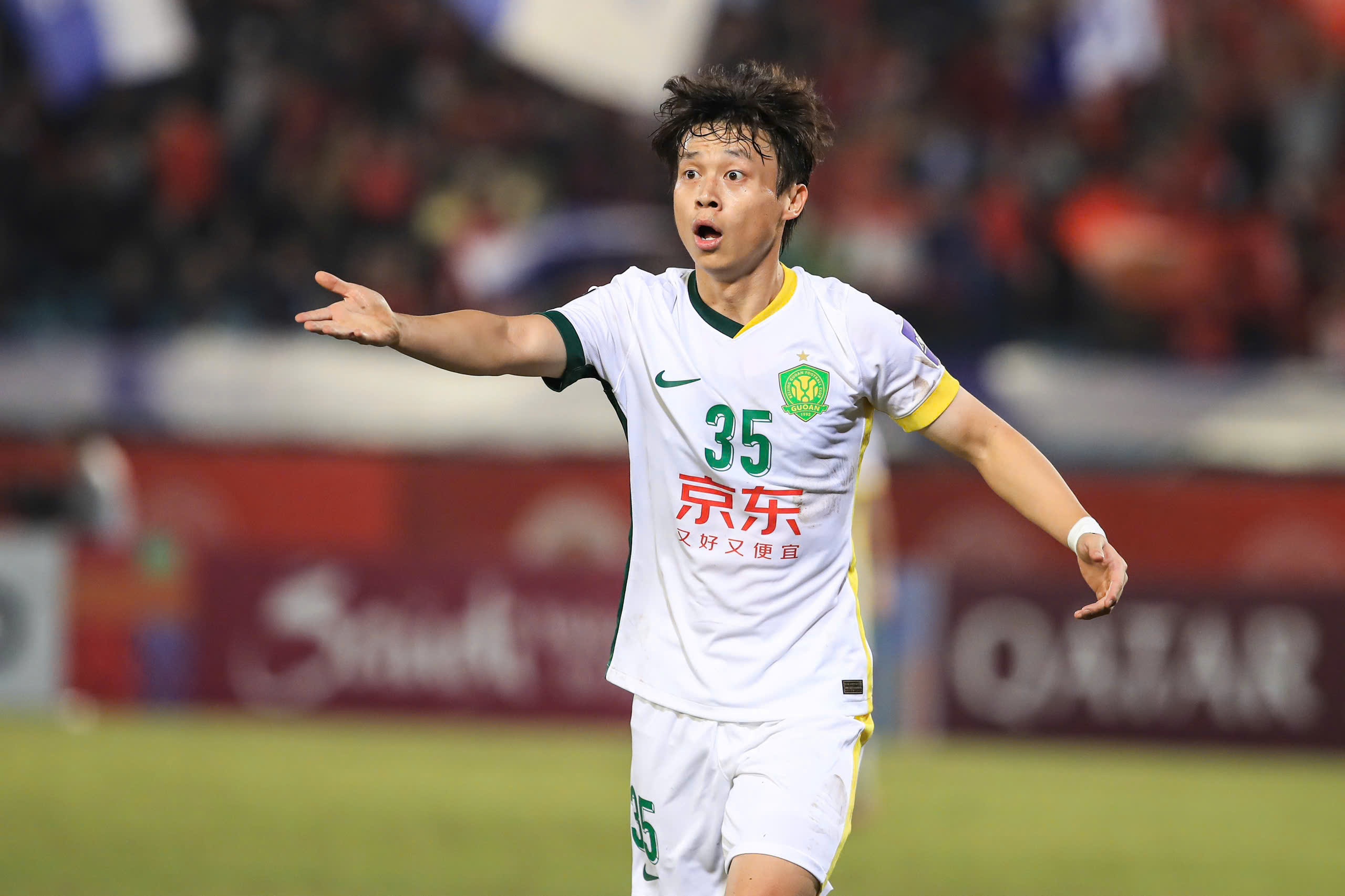 |
Beijing Guoan left Hang Day on the evening of November 27 with an inexcusable defeat. They took the lead, created many chances, and at one point had the whole situation in their hands, but in the end they still lost it all.
The 1-2 loss to Cong An Ha Noi not only caused the Chinese representative to be eliminated early from AFC Champions League Two, but also revealed the decline of an entire football industry that is falling behind the continent.
Beijing Guoan deserved to be eliminated.
The defeat followed a familiar script to the point of being… frightening. Beijing Guoan opened the scoring after a mistake by their opponent, then had successive chances to widen the gap. However, indecisive finishing, hasty handling of situations and hesitation from the strikers caused the fragile advantage to be squandered.
When the opportunity to end the game passed, a team as lacking in spirit as Beijing Guoan immediately fell into a state of instability. They retreated too early, played safe, lost control of the midfield and gradually let their opponents push them into a passive position.
Finally, what had to happen happened. Two goals conceded in the second half, one from a fierce combination from the home team, one from a misplaced defense in the 90th minute, ended a match in which the Chinese representatives missed more chances than their opponents. They lost because they did not know how to take advantage of the moment. They lost because they lost focus at the most important moments. And they lost because they lacked an individual who was calm enough to lead the team through the pressure period.
The aftershocks were swift. Criticism, disappointment, even shock were rife in Chinese commentary. The focus of all the criticism was on one thing: Beijing Guoan were too wasteful. The shot that hit the crossbar, the missed face-offs, the inaccurate final passes were all cited as evidence of the team’s own downfall.
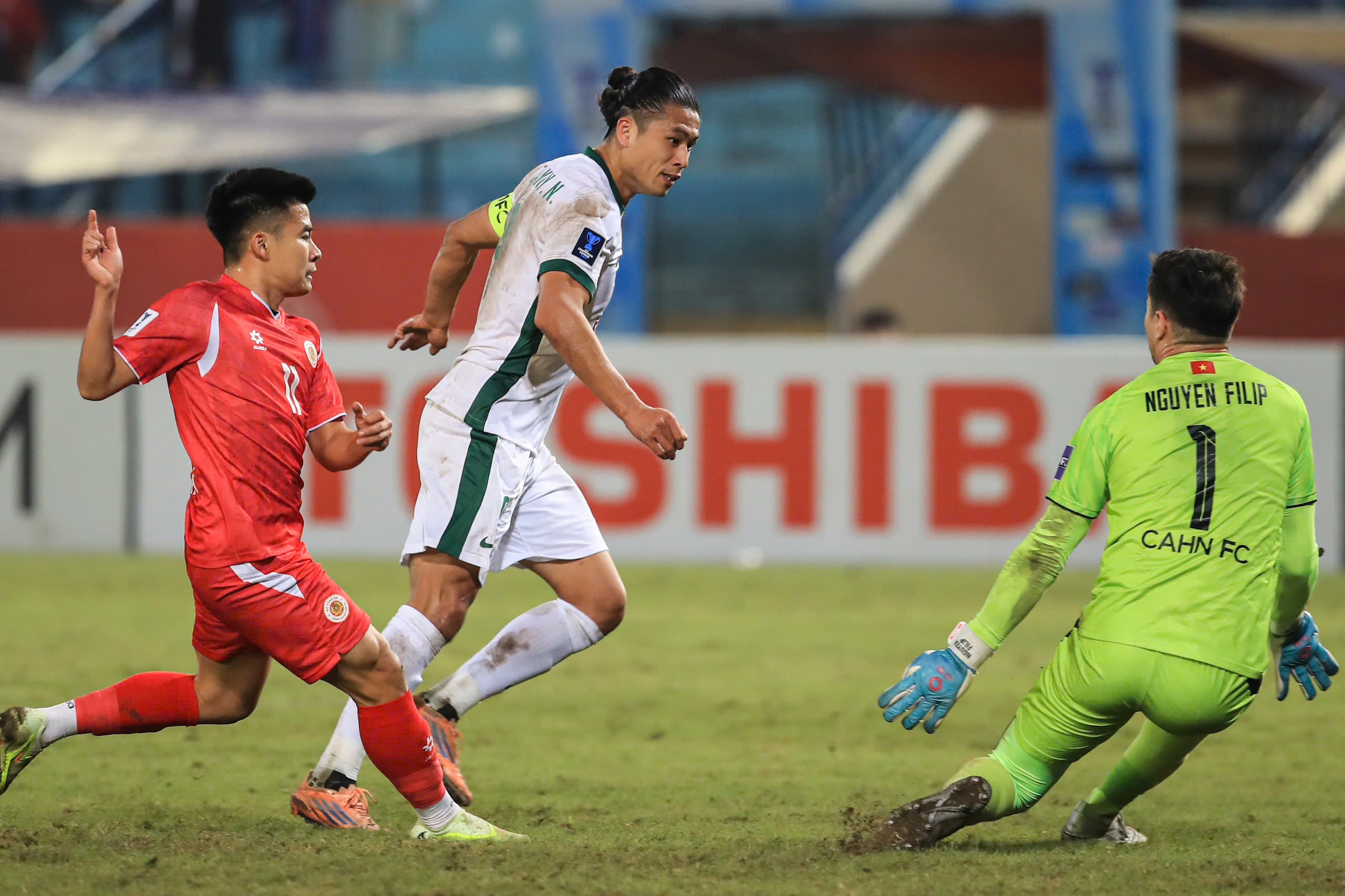 |
Beijing Guoan were eliminated from AFC Champions League Two. Photo: Minh Dan . |
But the tensions don’t stop there. Beijing Guoan’s defeat is just a slice of a larger picture, where Chinese clubs are facing harsh realities at the highest level in Asia.
The bigger picture
In the AFC Champions League Elite 2025/26, where China has three representatives, the decline is even more obvious. After five matches, all three Chinese teams have fallen to the bottom of the Eastern region.
Neither team is in the group to advance. Each of their games has followed a similar pattern: start with promise, create chances, control the ball for a while, then lose the momentum as their opponents pick up the pace.
Chengdu Rongcheng only managed to get one point at home despite a strong performance against Sanfrecce Hiroshima on November 25. Shanghai Port, the dominant team in the domestic league, were out of sync with the high tempo of the Korean and Japanese clubs.
Shanghai Shenhua, despite having explosive moments, still lacked the sharpness to translate their advantage into goals. There were matches where they had more shots than their opponents, even hitting the woodwork, but in the end they came up empty-handed.
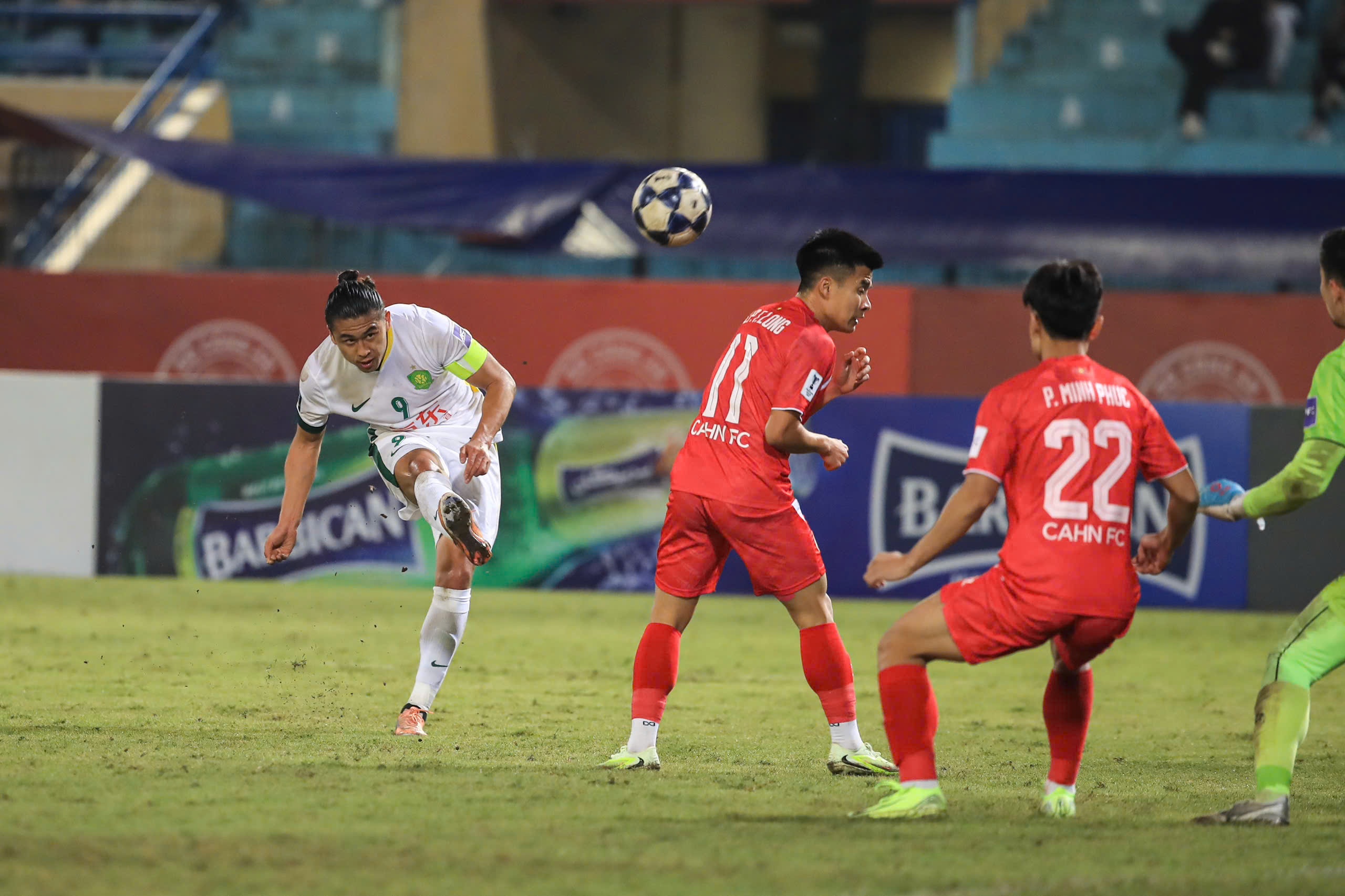 |
Chinese football is in decline in the international arena. Photo: Minh Dan . |
What worries the Chinese public is the uncanny similarity in the way their representatives fall. They are failures due to wasted opportunities. They are losses due to lack of concentration. They are tired second halves. And they are psychologically heavy when the match enters the decisive stage. No team is strong enough to maintain constant pressure, nor is any individual ready to step up to change the result.
When a team fails for those reasons, it may be a matter of coaching or form. But when four teams, from two different continental competitions, all fall in the same way, it is a sign of systemic weakness.
The fact that Chinese football fell to the bottom of the AFC Champions League Elite shows that they are falling behind Japan and Korea more and more. Not only are they lacking in processing speed, they also lack connection between the lines, lack initiative in pressing and lack the courage to compete when under pressure. In many matches, Chinese clubs play well in the first 30 minutes, but as soon as the opponent increases the speed, all the gaps are immediately exposed.
As a result, China’s continental spots began to dwindle. Their performance coefficients dropped, depriving them of the edge they had taken for granted years earlier. With Chinese clubs no longer in the competitive group, a vicious cycle began: fewer spots, fewer opportunities to compete, and more difficulty attracting talent.
In that context, Beijing Guoan’s defeat at Hang Day was the last straw. A team with the most scoring chances was the one who lost the match. A football team with great ambition often lost in moments that required courage. And a national championship with great financial potential was clearly at a disadvantage when entering the Asian arena.
Chinese football once set its sights on becoming the continent’s top team. But now it is facing the reality that its regional rivals have improved faster, more consistently and more consistently. The defeats in the AFC Champions League Elite and the reverse loss to CAHN are just symptoms of the process of falling behind.
To change, they need more than just a few wins. They need to rebuild confidence, improve the quality of training, upgrade the speed of play, and above all, regain their composure. If they continue to make the same mistakes, squander opportunities, lose focus and retreat into fear, it will take many years for Chinese football to regain its former position.
The defeat at Hang Day was not a stumble. It was a warning. And a warning that had sounded too many times.
Source: https://znews.vn/bong-da-trung-quoc-roi-tu-do-o-san-choi-chau-a-post1606180.html









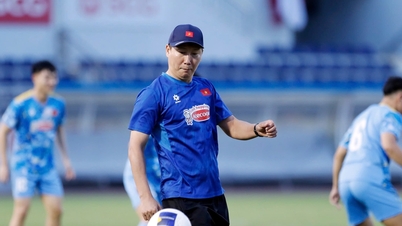

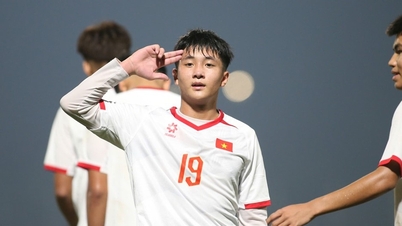





























































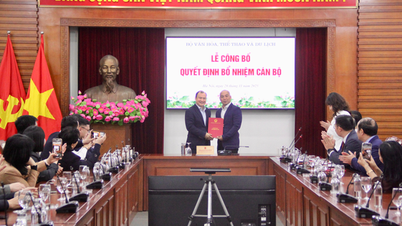
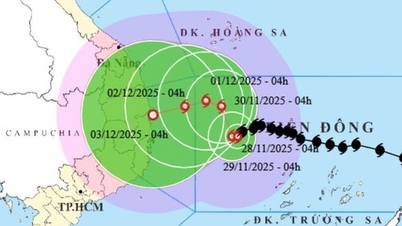





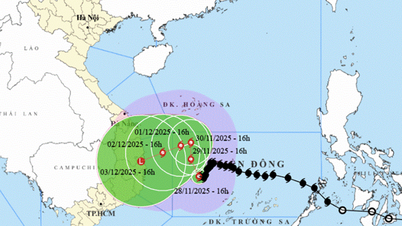

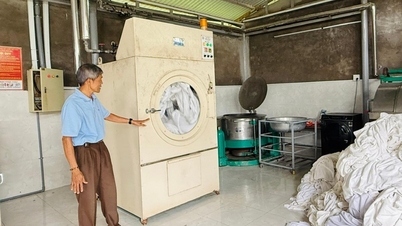


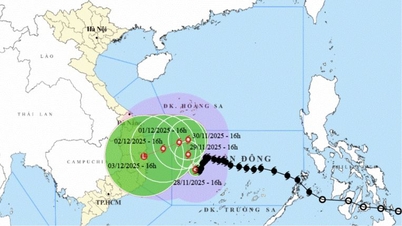














Comment (0)